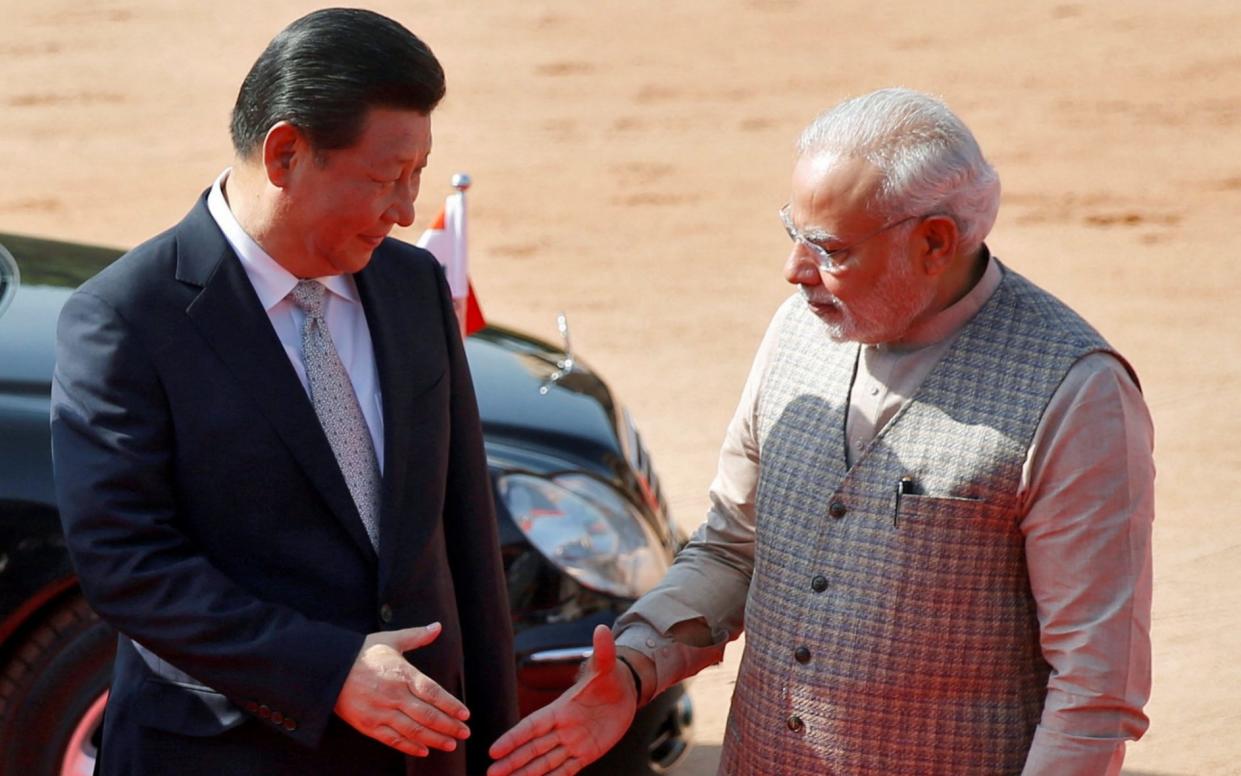Global debt surges to new record high in blow for world economy

Global debt has surged to a record high of $315 trillion (£250 trillion) as China and India continued their borrowing binge despite the risks posed by geopolitical tensions and higher interest rates.
The Institute of International Finance (IIF) warned that post-pandemic efforts to reduce debt were coming to an end as governments cut taxes and increase spending amid a record number of elections this year.
It said the increase was “primarily driven by emerging markets”, where debt surged to “an unprecedented high of over $105 trillion”.
This is $55 trillion more than a decade ago, with China, India and Mexico seeing the biggest increases so far this year.
China is already dealing with a property crisis that threatens to exert a drag on economic growth for years to come.
The International Monetary Fund (IMF) has also warned that India’s debt pile could exceed the size of its economy by the end of the decade as it spends billions of pounds each year dealing with natural disasters.
IIF analysis showed total world debt rose by $1.3 trillion to a new record high of $315 trillion in the first three months of the year as global debt-to-GDP “resumed its upward trajectory” after falling for a sustained period after Covid lockdowns.
The IIF added that increases in government debt drove the rise among advanced economies in the first three months of 2024 as stubborn US inflation threatens to keep interest rates higher for longer.
“Given ‘sticky’ US inflation and an expected delay to Federal Reserve rate cuts, a dollar rally ... could once again bring government debt strains to the fore, particularly for developing countries,” the IIF said in its latest debt monitor.
It warned that US President Joe Biden was presiding over an ever-rising debt pile, even as households in the world’s biggest economy were paying back money owed on personal loans and credit cards.
“While the health of household balance sheets should provide a cushion against higher for longer rates in the near term, government budget deficits are still higher than pre-pandemic levels and are projected to contribute around $5.3 trillion to global debt accumulation this year,” it said.
Last month, the IMF urged governments around the world to resist the temptation to cut taxes or raise spending in the hope of winning votes in the “biggest-ever election year”.
It said: “In this great election year, governments should exercise fiscal restraint to preserve sound public finances.”
The IIF banking lobby group also warned that “rising trade frictions and deeper geoeconomic fragmentation could diminish the external debt servicing capacity of emerging markets” as many developing economies struggle with high dollar denominated debts.
It said: “Although the relatively sanguine near-term global economic outlook is a positive factor for debt dynamics, stubborn inflation, particularly in the US, continues to pose a significant risk, putting upward pressure on global funding costs.
“Rising trade friction and geopolitical tensions also present significant potential headwinds for debt markets. As China aims to become the world’s leading supplier of new clean energy technologies, tighter supply chain constraints, fuelled by industry-specific protectionist policies, could keep both inflation and interest rates above pandemic levels. Such a scenario would undermine trade and investment flows and further reduce the external debt servicing capacity of emerging and frontier markets.”


